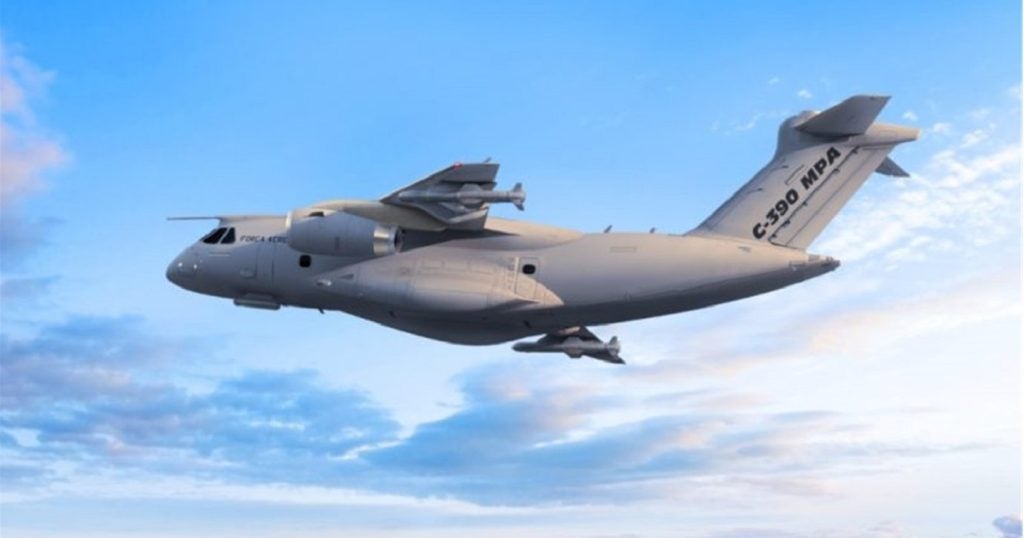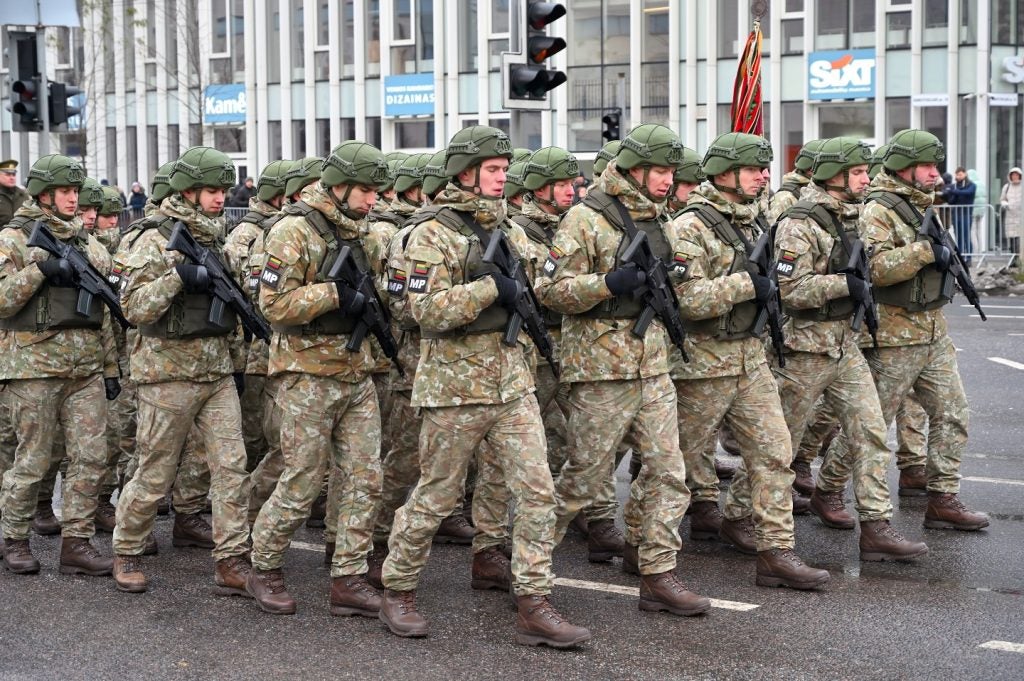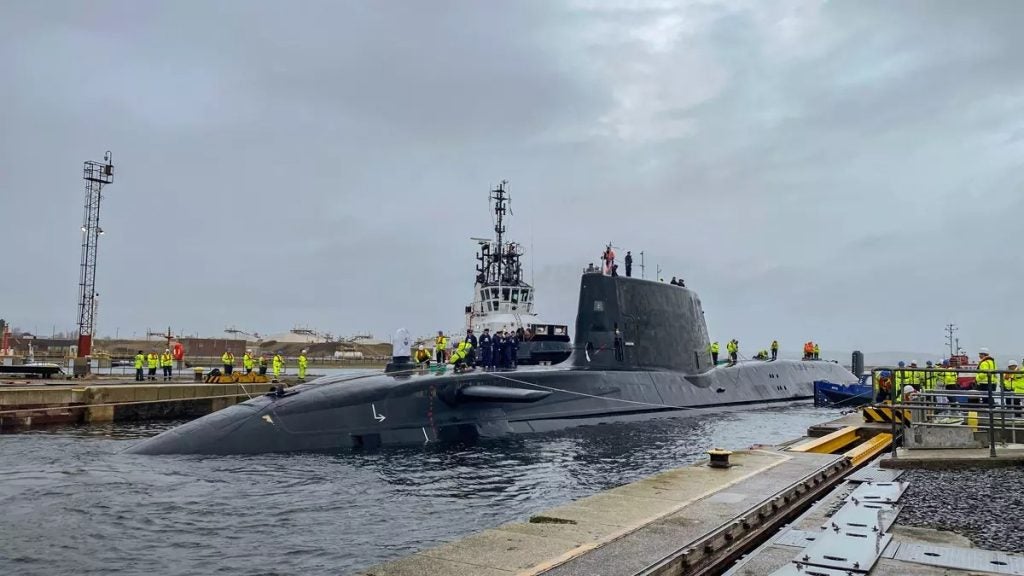A joint studies programme was launched between the Brazilian Air Force and Embraer to explore possibilities for an intelligence, surveillance and reconnaissance (ISR) configuration by adapting the country’s existing KC-390 Millennium tanker aircraft.
Brazil currently operates four KC-390 units according to the leading intelligence consultancy, GlobalData. These platforms were acquired from the indigenous company and original equipment manufacturer Embraer between 2019 and 2020.
In May 2014, Embraer signed a contract worth $3.4bn to build 28 KC-390 cargo planes, capable of in-flight refuelling, for the Brazilian Air Force.
After negotiations, in 2022, Brazil cut back the number of KC-390 procurements from previously 28 to 22, and now to just 19 airframes. These planes will replace the service’s two ageing KC-130H tanker aircraft procured in 1975 as well as the Air Force’s 10 C-130H units acquired in 2001.
The C-390 Millennium has developed a growing consumer base in recent months with the Hungarian Armed Forces opting for the platform alongside Brazil and Portugal. There are others in the pipeline as well with negotiations between the Czech Republic and Embraer to procure two aircraft, Austria plans to acquire four, while Embraer and Mahindra forged a partnership to promote the C-390 programme in India in early February 2024.
The C-390 is known for being versatile
Notably, the twin-turbofan-powered KC-390 aircraft is designed to be reconfigured in less than three hours to support different missions. It can be refuelled in flight and can be used for in-flight or on-ground refuelling of other aircraft.
“Embraer has a successful track record in adapting its platforms for different objectives,” observed Bosco da Costa, president and CEO of Embraer. “The joint studies will allow the expansion of the solutions portfolio to meet the operational needs of the Brazilian Air Force’s Intelligence, Surveillance, and Reconnaissance missions and potential international customers.”
The C-390’s performance metrics include its ability to carry heavier payloads and operate on diverse terrains. With a payload capacity of 26 tonnes (t) and a cruising speed of 470 knots, the aircraft offers flexibility for missions ranging from troop transport to aeromedical evacuation and firefighting.
The military aircraft has a cargo bay equipped with an aft ramp similar to its predecessor, the C-130, and is capable of transporting a variety of cargo (weighing up to 26t), including armoured vehicles.
KC-390 utilises computed air release point technology integrated with fly-by-wire system to provide greater accuracy during air dropping, thereby reducing crew workload.
The announcement took place at the International Air and Space Fair in Santiago, Chile, with the presence of da Costa and Lieutenant-Brigadier Marcelo Kanitz Damasceno, Commander of the Brazilian Air Force.












